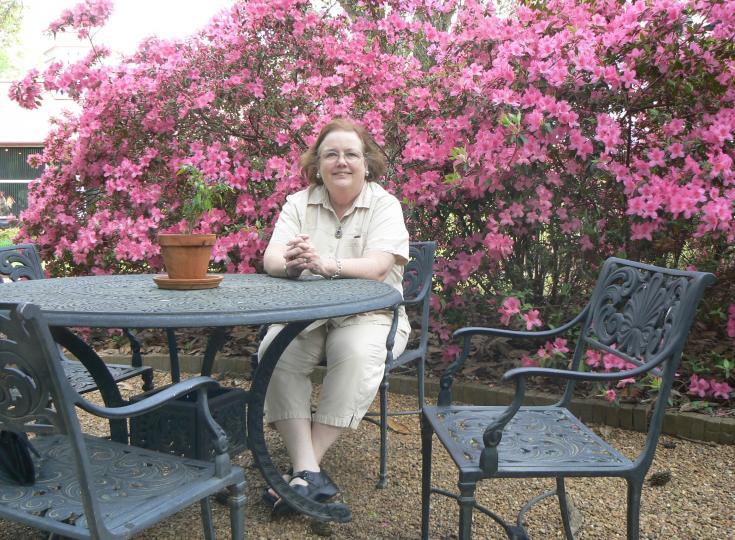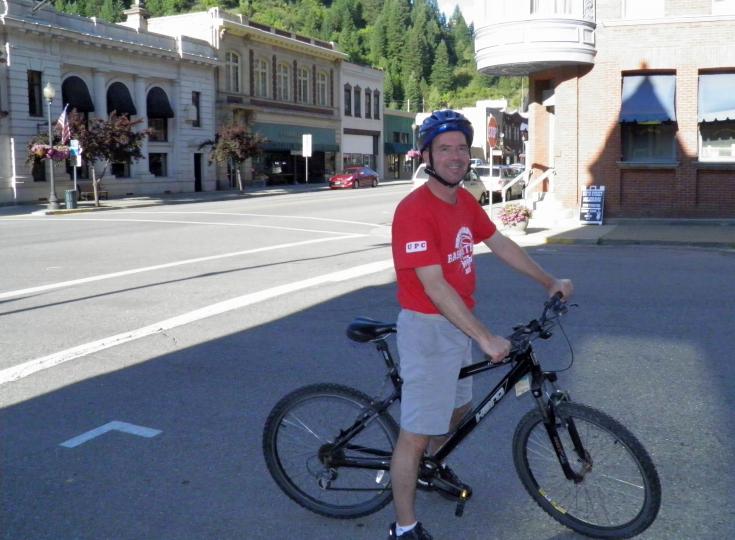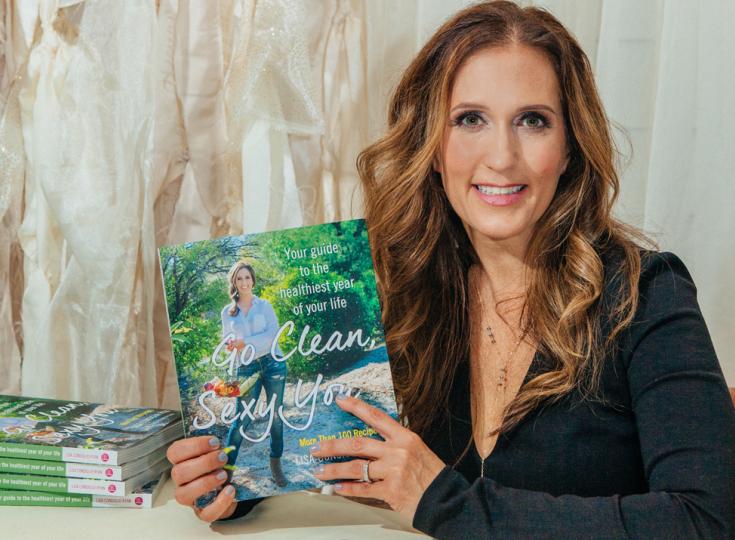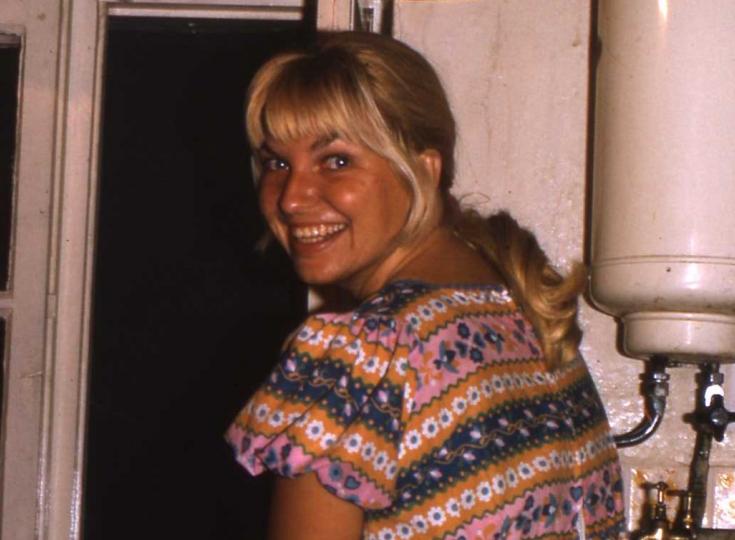Ronald E. Yates - Historical Adventures in Kansas and the Mysterious East
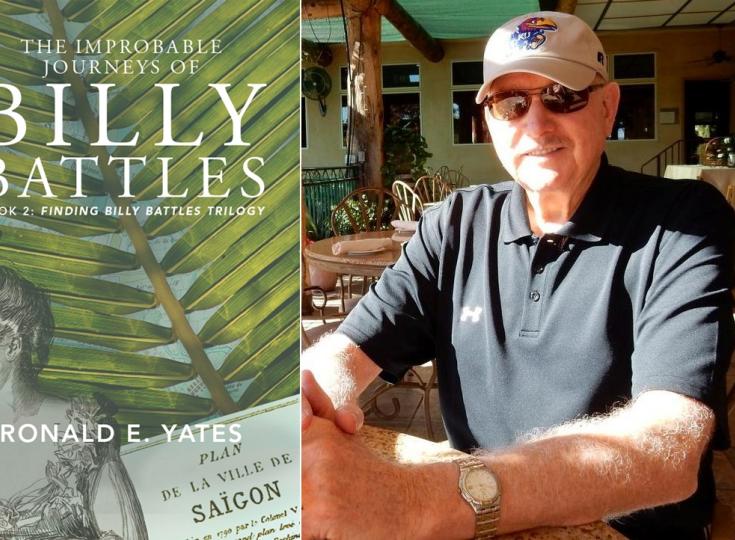
Ronald E. Yates has loved books since the very first day he stepped into a library. Thanks to this passion - coupled with a fascination with history and a true talent for writing, we have seen several excellent works from his pen. Today, as our Author of the Day, Yates talks about how he manages to describe the history in his books with such extraordinary accuracy, how his own experiences inspired the Billy Battles books and gives some sound writing advice to any aspiring writers out there.
Please give us a short introduction to what The Improbable Journeys of Billy Battles is about.
As Book 2 of the Finding Billy Battles trilogy opens, Billy is far from his Kansas roots—and his improbable journeys are just beginning. He is aboard an ocean liner sailing to the Mysterious East (Japan, Hong Kong, French Indochina, and the Philippines), among other places.
The year is 1894 and aboard the S S China Billy meets a mysterious, dazzling, and possibly dangerous German Baroness, locks horns with malevolent agents of the German government, and battles ferocious Chinese and Malay pirates in the South China Sea. Later, he is inadvertently embroiled in the bloody anti-French insurgency in Indochina–which quite possibly makes him the first American combatant in a country that eventually will become Vietnam.
Later, in the Philippines, he is thrust into the Spanish-American War and the anti-American insurgency that follows. But Billy’s troubles are just beginning. As the 19th century ends and the 20th century begins, he finds himself in Mexico and Europe entangled with political opportunists, spies, revolutionaries and an assortment of malicious characters of both sexes. How will Billy handle these people and the challenges they present? One thing is for sure: Billy is not in Kansas anymore.
What inspired you to create the character of Billy Battles?
I grew up in Kansas and I was always fascinated by what life was like there in the 19th Century when the state was still quite wild. Many of my ancestors came to Kansas in covered wagons back in the 19th Century.
At the same time, I spent a lot of time in the Far East as a foreign correspondent and I was equally intrigued by what life must have been like in the 19th Century colonial period in places like French Indochina, The Philippines, Malaysia, Singapore, Hong Kong, etc. Then one day I got the idea to blend the two using a character from 19th Century Kansas who goes to the Far East in search of himself.
Why did you pick 1894 as the setting of your book? What is it about this time period that intrigued you?
Book 2 begins in 1894—the year that Book 1 ended. My objective in Book 1 was to chronicle the first 30 years or so of Billy’s life and show the events and tragedies that shaped his young life. So when book 2 begins, Billy has endured more tragedy and heartbreak than most people encounter in a lifetime. He has lost his wife to illness and a clan of Kansas cutthroats has tried to kill him. Those are a couple of reasons he is on that slow boat to Indochina.
The 1890s were a time of great invention in America. The country was just beginning to enter the world political and economic stage. With the Spanish-American War in 1898 the so-called “American Empire” was created. The U.S. fought its first war outside of the Western hemisphere (The Philippines) and acquired its first colonies—The Philippines and Puerto Rico. These were heady times for the United States which was just beginning to flex its political and military muscle around the world. As Billy learns, however, when one nation exerts power over another, hostility and conflict are often the byproducts.
How much research did this book require from you? What was the most interesting aspect of your research?
This is a very important question. All three books in the trilogy required a lot of research. I wasn’t around in the 19th Century or the early part of the twentieth century so I had to spend a lot of time researching those eras. I am a reporter by training and as such I am always concerned with accuracy. In writing the first two books in the trilogy I dove deeply into the time periods I was writing about. For example, I found old Santa Fe Railroad time tables so I knew exactly how long a train trip was between Lawrence, Kansas and Dodge City. I did the same thing in Book 2 with the S S China, the ocean liner Billy is on to Asia. The China was a real ship and I learned as much as I could about it. How fast could it travel, what route it took to the Far East, etc.
Accuracy when writing historical fiction is critical. That may sound like a paradox. It is not. A critical element in historical fiction is the way people communicate with one another. You want to make sure your characters if they are in the 19th Century (as mine are when the Finding Billy Battles trilogy begins) are using the correct lingua franca.
You don’t want your protagonists and antagonists using 21st Century colloquial speech or slang in 1880s Kansas. For one thing that destroys the sense of time and place and for another, it reveals to the reader that the author has not researched the era enough or is too lazy to learn and employ the vernacular of the time. I see this mistake all the time especially in American films that are set in earlier periods. When a character in a book or film set in the 19th Century says something like: “This sucks” or “Are you nuts?” or “Give me a break!” I am immediately turned off to the story. It happens all the time–maybe not as obviously as those examples, but you get what I mean. I am sure you have heard or read similar out of time and place comments.
In the new Ben-Hur film, for example, during the climactic chariot race, Messala shouts at Judah Ben-Hur, “Are we having fun yet, brother?” I wager that phrase was never uttered by an ancient Roman. That kind of out of place comment is a distraction, an intrusion and it demonstrates either a lack of knowledge of the time the story is set in or even worse, no regard for the ear of the audience.
So that is a big issue for me. Another is in making sure places are accurately described. For example, in writing the first book of my Finding Billy Battles trilogy I had to describe, the Kansas towns of Lawrence and Dodge City as well as Denver, Colorado as they looked in the 1880a and 1890s. I used the Kansas Historical Society to find old maps of Lawrence and Dodge City. I did the same with a historical group in describing Denver. I also had to describe the Wadsworth Old Soldiers Home in Leavenworth, Kansas where Billy Battles first meets his great-grandson. In the book, the two sit on the veranda talking. In reality, as a student intern at the Kansas City Star in 1968 I actually interviewed a 98-year-old Spanish-American War veteran on the same veranda.
In The Improbable Journeys of Billy Battles, I had to describe what Honolulu, Yokohama, Hong Kong, Manila and Saigon looked like between 1894 and 1899. Because I lived and worked in these locations during my time as a foreign correspondent, I already knew what they looked like from the 1970s to now. During the years I worked in Asia and Latin America, I made it a point to collect old maps and books about places like Saigon and Manila. I was always fascinated by what Asian cities looked like during their colonial periods, and I also knew that someday I would write a novel or two about them that was set in the 19th Century.
I think it is essential to establish historical credibility with readers. Once that is done, then you can allow fiction to run rampant in your story. I believe readers are willing to suspend belief in things that a character does IF the author has nailed the time and place of an event accurately.
Did you know from the start you were going to make this into a trilogy?
No, at first I was going to write the book as one off. However, as I got into the story I begin to see that covering 100 years in a person’s life is difficult to do in 300 pages or so. I decided that the way to go, if I wanted to provide the kind of detail I wanted about Billy Battles, the people in his life, the places he lived and traveled to, etc. I would need to do it as a series or trilogy. I think it has worked out well that way.
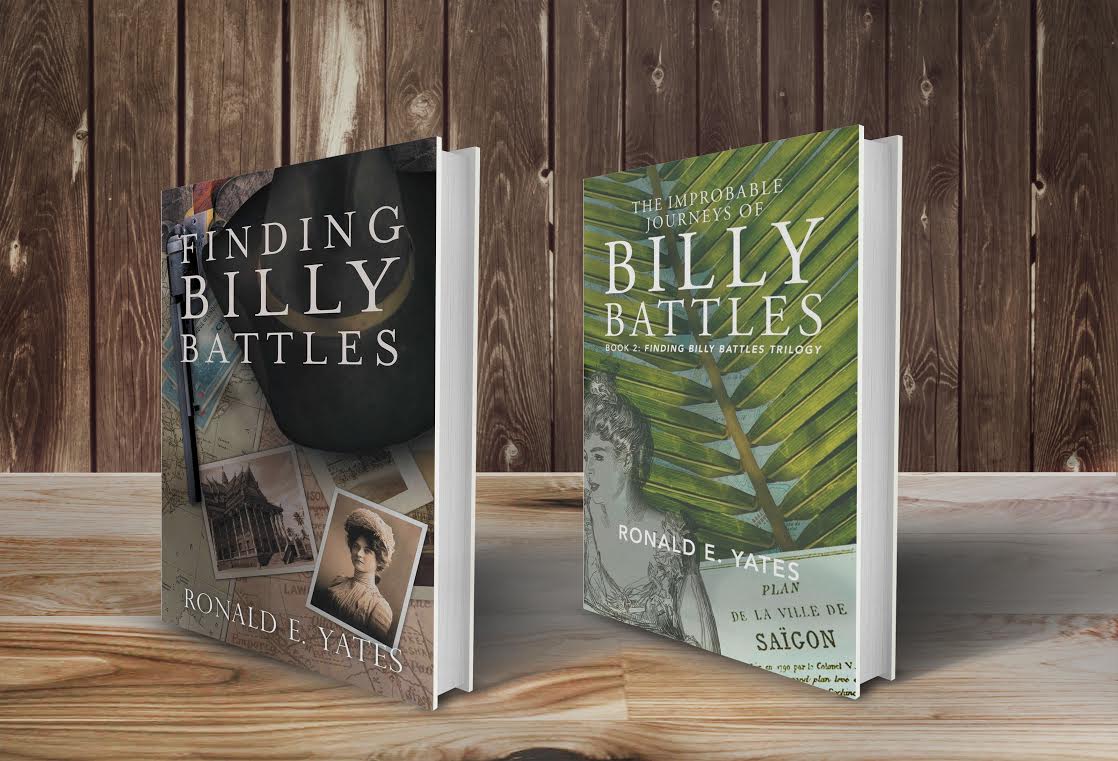
Tell us about your journey as an author. Did you always know you wanted to be a writer? What has the experience been like so far?
I knew I liked writing when I was in the sixth grade. I loved writing stories and I had a teacher (Mrs. Gooch) who encouraged me. My mother also bought me books and took me often to the library--a place that I found magical and magnetic. She often read to me and I could "see" the story unfolding before me. When I could read myself, I began to devour everything I could get my hands on. Reading took me places I could not, as a boy, otherwise go. As I used to tell my journalism students at the University of Illinois, if you want to write well, read well. My training as a journalist has been invaluable. Journalism teaches you to use words economically, to be accurate, and to write fast. The transition from journalism to writing fiction has not been too difficult. Both utilize many of the same literary devices: transition, pacing, character development, etc. Ultimately, the goal is to tell a good story no matter if you are writing fiction or non-fiction.
This is the second book in the series. Can it be read as a standalone or do you need to read Finding Billy Battles first?
Yes, book 2 can be read as a standalone and book 3 will be the same. In the preface to books 2 & 3 I encourage readers to read the preceding books first because doing that fleshes out the character in a way that you can’t do in a prologue or foreword.
How much of your own life and that of your family have you incorporated into this book?
I call my work "Faction," because it is both fact and fiction. Some of the events in the book--especially those dealing with real people, did happen. Was my character directly involved in them? No. However, members of my family were native Kansans and some of the experiences I write about did happen. I also used many of the expressions and adages I heard my great-grandparents, grandparents, uncles, aunts, cousins, and even my parents use when I was growing up in Kansas. I also have woven some of my experiences covering war and revolution in Asia and Latin America into the story line.
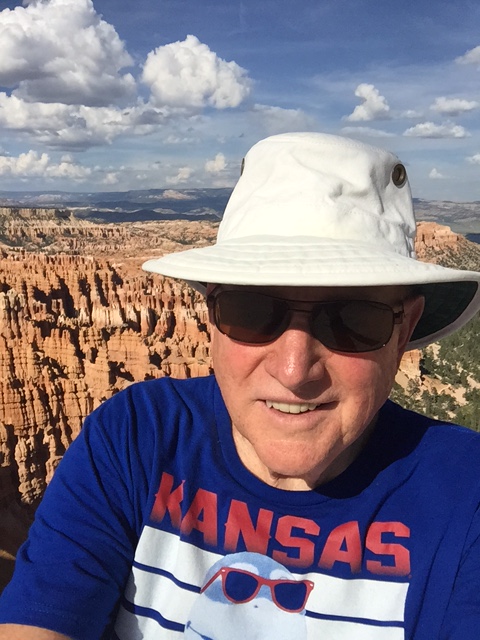
How do you manage to make your characters so believable?
A good story needs a strong plot and even stronger characters. Otherwise, it falls flat. The writer needs to be above all, a good storyteller. If you build a good story, THEY WILL COME, to paraphrase “Field of Dreams.” Make readers care about your protagonist. Make readers empathize, cry, and laugh with them. At the same time, keep them off balance. Don't be predictable and don't be afraid to do terrible things to your favorite characters. Have you ever known anybody who has sailed through life without some turmoil, some pain, some suffering? I haven't. Your characters should be flawed. All of us are, in some way. Allow readers to see these flaws and to watch as your characters work through them or at least try to.
I think Billy Battles and I are a lot alike. I mean, aren't most novels a bit autobiographical? He is a restless sort. He enjoys traveling, going to new places and experiencing new things. Like Billy, I couldn't wait to get away from Kansas (though I love the place dearly). And, like Billy, I am a happy wanderer. How else could I have survived and thrived as a foreign correspondent for 25 years? We are both journalists. At the same time, he is a dependable guy who is loyal to his friends and to those he chooses to keep close to him. Above all, Billy respects two traits in people: Honesty and Kindness. We are alike in that way. By transferring some of the qualities that I recognize in myself to my main protagonist, I think I am making him believable.
Do you have any interesting writing habits? How do you deal with writer's block? When's the best time of the day for you to write?
I have taken over the upstairs bonus room in our house. It is about 500 square feet. In it, I have my rather prodigious library, a good sound system for playing classical music, a large screen TV for watching sports, the Discovery, History, and National Geographic channels when I need a break from writing. My window looks out onto a plant and boulder-strewn foothill that rises in front of my house. Another window looks down onto the Temecula valley some 2,000 feet below. It is quiet and soothing. Couldn't have a better place to write.
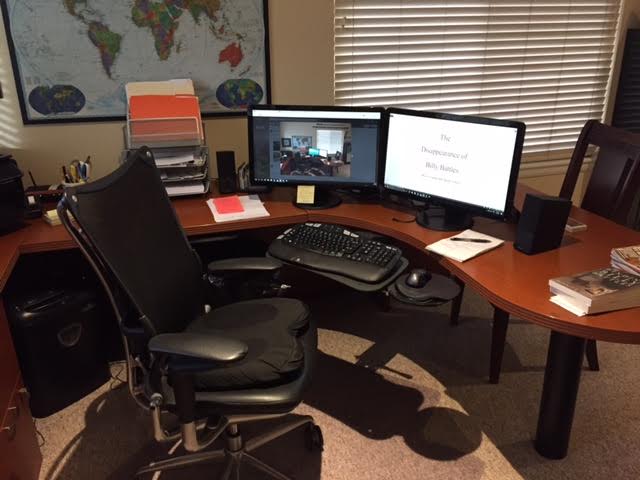
I look at writing as my job. I show up every morning around 8 a.m. and usually write for four hours or so. I have found writing longer than that results in a tailing off of quality. When I stop writing I will spend about an hour doing research for what I will be working on the next day.
I like to listen to music when I write. Most often, I listen to Mozart, Haydn, Telemann, William Boyce, and Beethoven. Classical music, played softly, is inspirational and helps me think. However, I also like the jazz of Dave Brubeck, Oscar Peterson, The Modern Jazz Quartet, George Shearing, etc. and I will on occasion switch from classical to that.
Do you plot out your books before you start writing them?
I write from the seat of my pants. I don't outline my books and I don't write down plot scenarios. I just start writing and see where the story and my characters lead me. It's a lot like life itself. We may have a goal in mind, but the route to it is often strewn with obstacles, surprises, and sometimes tragedy. I usually write 3,000 or 4,000 words a day and I edit as I go. In other words, I may write a few paragraphs and then rewrite them within a few minutes of creating them. I don't really write what I would call a “First Draft.” When I finish writing a book it is finished. I may go back and make a few tweaks with the plot here and there, or alter a little dialogue or some action by a character, but there is no second or third draft.
I know some authors who will write a first draft and put it away for weeks or months and then go back and look at it with fresh eyes. Alternatively, they may send it out to professional "beta readers" or "critiquers."
Those strategies may work for some people. They don't work for me. I guess it's my journalistic training: see it, report it, organize it, write it and then move on to the next story.
Besides writing, what other secret skills do you have?
I grew up on a farm with horses in northeastern Kansas, so I am a pretty good with horses. Growing up in a rural area as I did, I was exposed to guns at an early age. I learned how to use them, take care of them and most of all, to respect them. I used to go hunting when I was young. Today, the only things I shoot at are targets at my local gun range. I spent four years on active duty in the Army where I qualified as expert with various weapons. Having that background enables my characters to behave convincingly when they discuss or use a weapon in my books.
Is being a writer a curse or a gift?
It is a wonderful gift if you allow the process to come to you and don't force it. However, don't let anybody tell you it is not damned hard work. It is. The joy of writing for me is telling a good story. I don't care about imparting a "message." Nor do I care about creating any hidden "meanings" that some literature professor will hold forth about in a writing class when I am no longer around to rebut him/her. I just want to tell a good story. That, to me, is the ultimate goal of writing.
The curse is that writing can take over your life, isolate you from family and friends, and turn you into a kind of sophistic recluse if you are not careful. Writers need to take breaks from working. If they don't I believe they run the risk of becoming stale, self-absorbed, and misanthropic.
What advice would you give to someone who wants to become a published author? Do you have any advice for aspiring authors?
Try to write as much as you can from your own experiences. They are real and uncontrived and if you incorporate those experiences in your fiction, your work will have a truthful ring to it. Beyond that, KEEP AT IT! Don't let anybody (editors, agents, etc.) discourage you and don't be discouraged by rejection. At the same time, be willing to accept constructive criticism from those who have experience as authors, editors, agents, etc. Notice I said CONSTRUCTIVE criticism. Some people criticize just to be criticizing--or to be malicious. You must believe in yourself, your work, your vision, and your story. If you don't, who will? Certainly not that dense editor or literary agent who couldn't see your potential or grasp your book's storyline.
What are you working on right now?
I am about one-third of the way into Book #3 in the Finding Billy Battles series. My goal is to have it on Amazon and on book shelves by May-June 2017. I am also pulling together reams of notes for when I finally decide to write about own life as war correspondent.
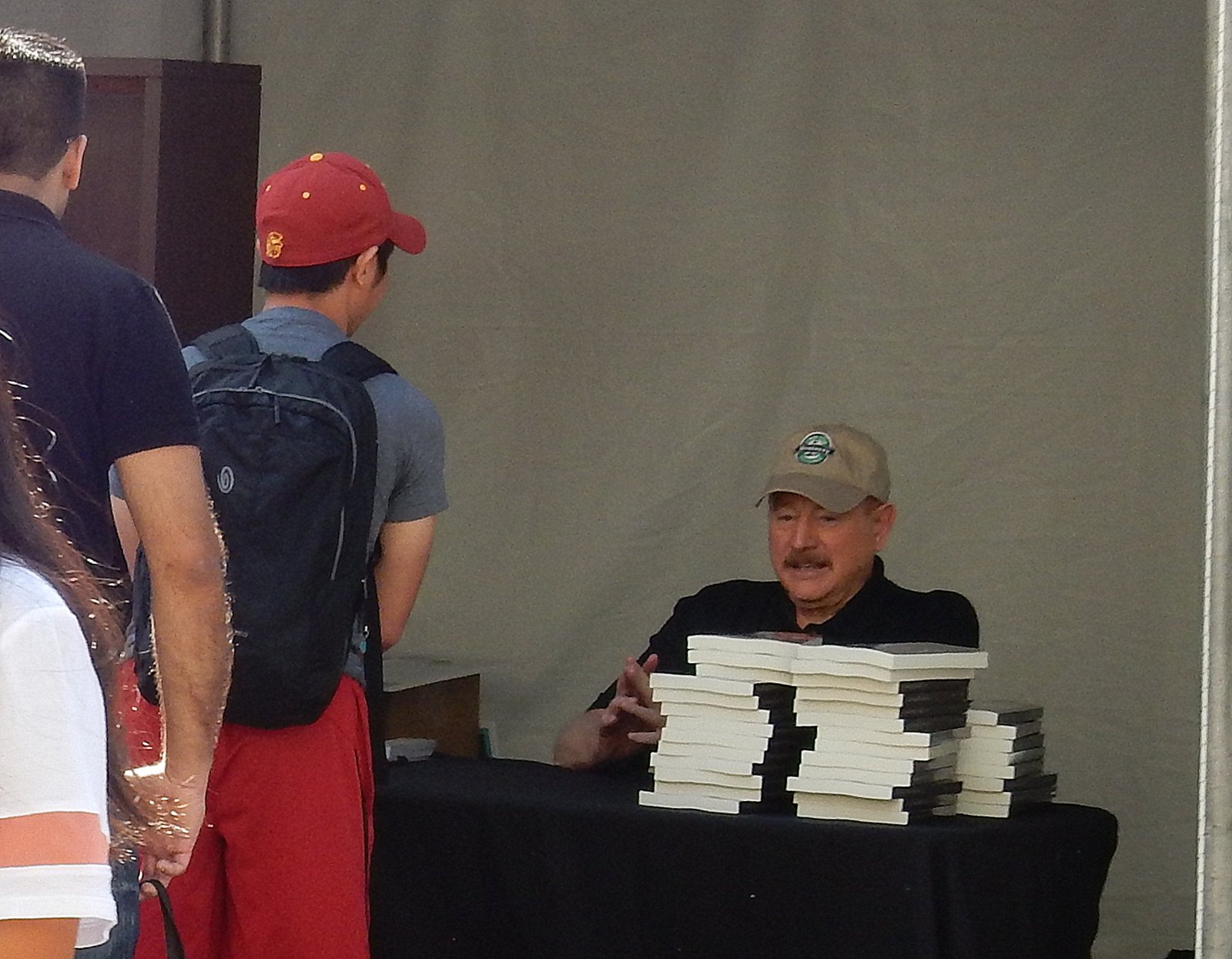
Where can our readers discover more of your work or interact with you?
Readers and others interested in my books and work can find out more about me and interact with me at my website: http://ronaldyatesbooks. I am constantly updating it. My blog is http://ronaldyatesbooks.com/category/foreign-correspondent/ I try to post to it at least once or twice a week. Readers can subscribe to it. I also have an Amazon Author Central page at: https://www.amazon.com/-/e/B001KHDVZI/-/e/B00KQAYMA8/ My Author's Page on Facebook called Ronald E. Yates Books. It is
located at: https://www.facebook.com/ronaldyatesbooks/
